Cities
Publications
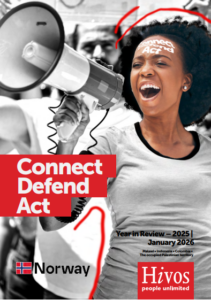
We are proud to share the inaugural edition of the Connect, Defend, Act! (CDA!) program’s Year in Review. For a program like ours, that advances civil liberties and fights efforts to restrict (digital) civic space, 2025 was a year of great risk and pressure brought by profound global shifts in civic space.
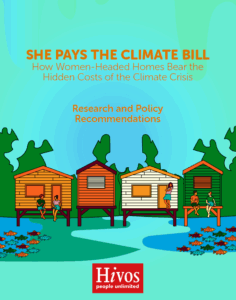
Hivos and local partners in Brazil and Zambia conducted mixed-methods research with 236 households to better understand how climate change is reshaping daily life, budgets, emotional wellbeing, and survival strategies.

We Lead with Power is a feminist transformative leadership guide and aims to be a catalyst for young women leaders (or aspiring leaders) to explore innovation, growth, grounding and other ways of feminist leadership in their various settings.
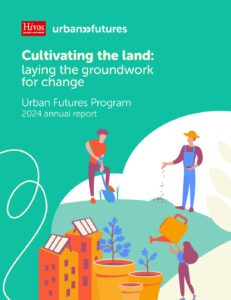
In this report about the first phase of the Urban Futures program, you will read about results that mark the beginning of youth-led food system transformation.

The Journeys of Courage: Uganda booklet highlights how young women across eight districts are redefining what SRHR leadership looks like in their communities.
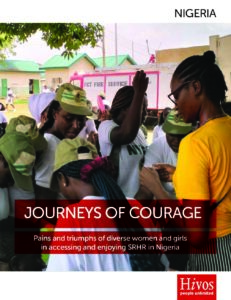
The Journeys of Courage: Nigeria booklet highlights how young women and their allies are reshaping SRHR in a context marked by inequality, stigma, and long-standing social barriers.
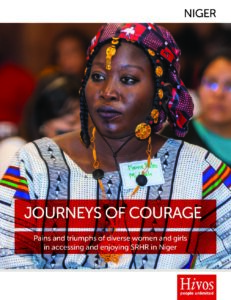
The Journeys of Courage: Niger booklet brings together stories that reflect how young women are shaping the future of SRHR in a context marked by high rates of teenage pregnancy, child marriage, and limited access to family planning.
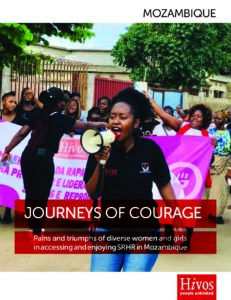
This booklet brings together accounts of young women whose lives reveal the daily realities behind Mozambique’s SRHR landscape.
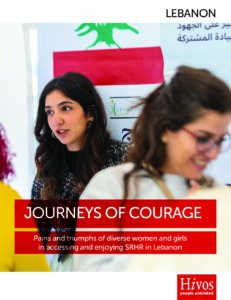
This booklet brings together stories of young women who transformed silence into strength during some of Lebanon’s most challenging times.
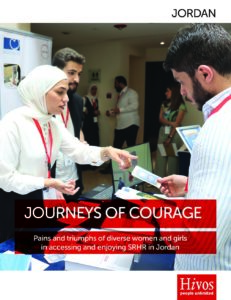
This booklet brings together stories that reflect the everyday realities of young women and rightsholders navigating stigma, disability, displacement, and deeply rooted social norms in Jordan.
